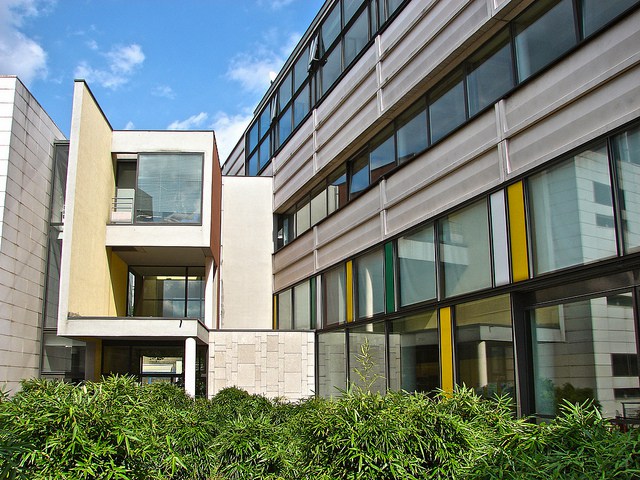The UL is one of France’s largest multidisciplinary universities organized in 60 research laboratories
located in 10 scientific centers and 6 research federations covering a wide range of disciplinary fields and topics. Its location in the heart of Europe, with borders on three European member states (Germany, Belgium and Luxembourg) offers UL a privileged position for strong international partnerships.
The ERPI is an interdisciplinary research laboratory affiliated to the University of Lorraine with a specific research group (20 researchers and about 25 PhD students) in the field of industrial engineering.
The ERPI activities are focused on the management of innovation processes towards a better understanding of the methods, tools and knowledge to optimise innovation projects management. An emphasis is put on the fuzzy front-end of the innovation process: from the emergence of ideas to the design of manufactured products or services.
What has done your institution concerning social innovation? What does your institution understands social innovation?

The Université de Lorraine, in particular, the ERPI laboratory, understands the value of social innovation as a process that allows changing social and institutional relations by focusing on the construction of new inclusive dynamics for various actors (producers – consumers, citizens – governments, refugees – inhabitants, etc) in order to meet local social demands while creating a systemic transformative change.
The emergence of new social practices such as peer-to-peer production, open source, ethical hacking, among others, has given rise to a new phenomenon of study on collaborative models that promote socially and environmentally responsible practices. Likewise, making room for the creation of new physical and virtual spaces that encourage the co-creation of new knowledge and solutions.
What has done your institution concerning climate change?
In the past several years, the ERPI laboratory has been working on the design, implementation and management of collaborative innovation spaces that enable social dialogue on technological and societal innovation issues.
Inspired on the Living Lab concept and participatory approaches, the aim of this research axis is to be able to co-create technical and organizational solutions to problems that include (non-exhaustive list): plastics recycling for disruptive filière such as 3D printing, distributed energy models based on Hydrogen as an energy vector and even, development of decision-making tools for biodiesel policy evaluations in a Latin American context.
In light of the increasing impact of human activity on climate change, the ERPI is also focusing its efforts on the development of methodological tools that incorporate the ecosystem dimension of an industrial filière in order to holistically assess the impact of technological development on our environment.